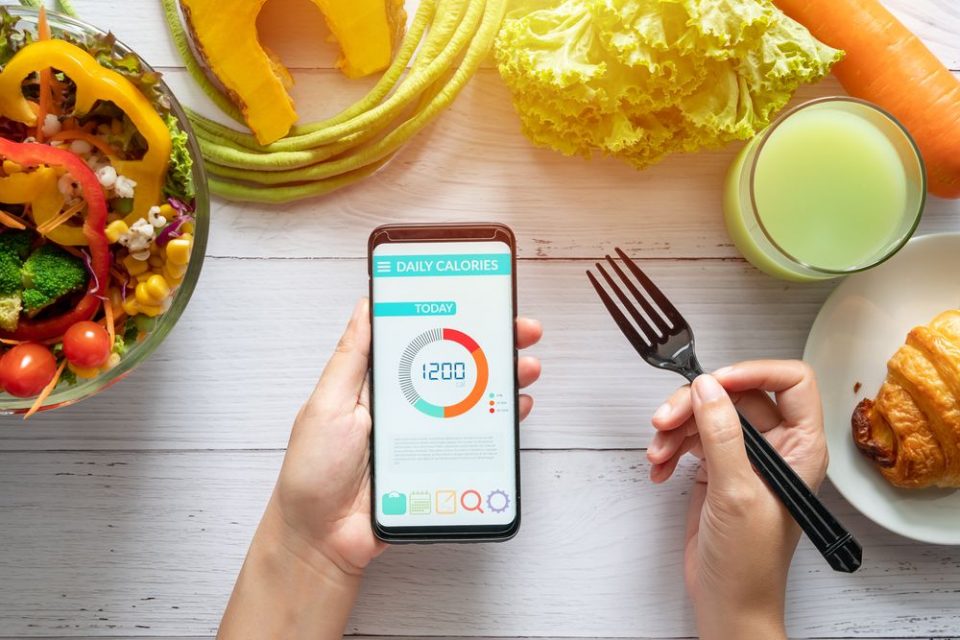When most people think of calories, they think about how fattening a diet is, which is not the case! Calories are a measure of how much energy a drink or food contains. If individuals consistently take in too little, they will lose fat, muscle mass, and weight and vice versa. However, the amount of calories that one should eat on average depends on several factors such as age, gender, height, weight, activity level, general health, among others. Below are the average calorie levels that consider these factors:
Men
A normal, moderately active managed between 26-45 years will need around 2600 calories daily to maintain weight and 2100 to lose. Active men walking over 3 miles daily will require around 2800-3000 calories to maintain weight and between 2300-2500 to lose daily. Younger men between the ages of 19-25 have higher energy requirements and will need an average of 2800 calories daily to maintain weight and up to 300 if more active. To lose a pound weekly, the moderately active young men need 2300-2500 calories daily. The energy requirements decrease as men age. Moderately active men between the ages of 46-65 will need an average of 2400 calories daily, and after 66 years, the calorie needs lower to 2200 calories daily.
Women
Moderately active women between 25 and 50 will require around 2000 calories daily to maintain their weight and around 1500 calories to lose a pound of weight weekly. Active women walking over 3 miles daily will require around 2200 calories or more per day to maintain weight and around 1700 calories to lose a pound of weight weekly. Young women in their early 20s require more calories of around 2200 to maintain weight. Aged women of around 50 years require fewer calories of about 1800 calories daily to maintain weight and 1300 to lose a pound per week.
Children
Children have varying calorie needs depending on size, age, and level of activity. Toddlers need 1200-1400 daily, while moderately active teenagers will need around 2000-2800 calories daily. Active teenagers will need even more. Children growing normally and engaging in regular physical activity typically don’t require counting calories. Just provide them with a variety of healthy options to consume, and they’ll eat what their bodies require.
How the body uses calories
The body requires calories to function properly by keeping the lungs breathing and heart beating. For kids, the body requires calories and nutrients to help them grow and develop normally. The body also burns off calories automatically, such as when making the bed or walking your dog. It is vital to be active at least an hour daily by engaging in sports, cycling, jogging, swimming, and so on as this keeps the strong body while maintaining a healthy weight.
Benefits of counting calorie
You should refocus your efforts and start counting for a better, healthy, and happy body. Below are some benefits of counting calories.
Making better choices
When you track your diet, you’re able to make better choices. You’re accountable and can keep track of your progress better.
Learn how many calories you can consume
By counting your calories, you’ll know that the intake depends on several factors such as activity level, height, weight, body type, age, and so on. There are useful online tools to calculate your recommended calorie intake, and once you get the number, you can reassess what to take and what to leave.
Visualizing
Once you see it, you see it. You’ll see your goals, food, calories, and you’ll consciously start making better choices. When you see it, it sets in, and you can’t run from it. By being honest to yourself, you’ll follow the right cues and make healthier decisions based on your calories.
It’s free
Counting calories is free, and you don’t have to sign up for those expensive weight loss plans or a 300-page manual, or even a monthly subscription. You only need an application, your nutrition labels, and count everything included.
Bottom line! Do not ignore the calories you take in, as you’ll only cheat yourself. Every calorie counts when counting.


